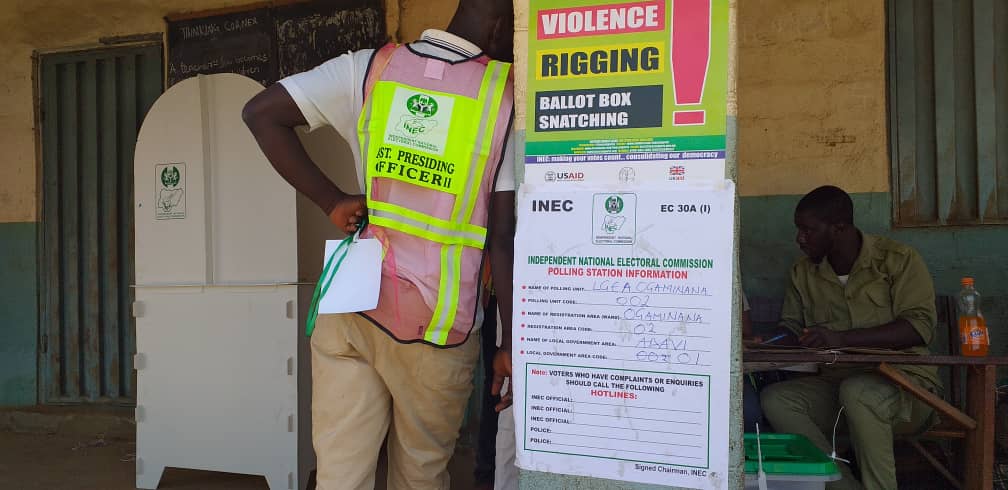BY FEMI ODEWUNMI
Established facts support the notion that co-operative societies have been in existence across West Africa since the early 1900s, however, it was during the post-colonial era that African governments and regional bodies began to recognize co-operative societies or value their importance and the role it played with respect to the growth and development of national economies, especially at the grassroots level.
African societies are known, historically, to have been communal in nature, most solutions to grassroots problems have always involved the community as a whole. Using Nigeria as an example, the colonial agricultural ministry began the process of organizing cocoa farmers from Ibadan and Abeokuta into collectives to sell their farm produce to European industries and manufacturers in 1962. Since this period, thousands of Co-operatives have sprung up around Africa either pursuing consumer or producer needs. Despite this, African Cooperatives have remained mostly informal when they are compared to their American, European or Asian counterparts. More so as their efforts & impact have not been documented properly and this has made it difficult to assess their activities with regard to social development, wealth creation and poverty eradication. The primary problem with poverty eradication strategies in Africa is that they are often rooted in the ‘city-first’ approach, sidelining the people at the grassroots, who are usually dependents of the city residents. Consequently, while poverty eradication initiatives work in the cities and urban areas, it is only a matter of time before the grassroots population/rural residents tax (check black tax) the people at the cities back to poverty.
About 50% of the worlds poor reside in Africa, and while the various governments and the international community seem to have strategies for poverty eradication on the continent, one way that has been proffered by social development experts is for governments to rely on the support of co-operatives in grassroots wealth generation. Jürgen Schwettmann, chief of the co-operative branch of the International Labour Organisation in Geneva, is convinced that cooperatives can be an engine for poverty reduction and employment creation. In a 1997 paper, he reiterated the position that cooperatives provide members with economic services and sees their greatest potential in creating self-employment opportunities.
Supporting this view, the International Co-operative Alliance (ICA) stated in a 2018 position paper that; “Cooperatives around the world employ or are the main source of income for more than 279 million people, almost 10% of the total employed population without counting the jobs and economic activities that have been created through loans granted by credit cooperatives, or through other key inputs provided by insurance cooperatives or electricity cooperatives to millions of producers, nor the indirect jobs generated for providers and clients.” This makes a solid case for a grassroots-led approach towards poverty eradication with co-operative societies playing a pivotal role.
Co-operative societies like Total E&P Nigeria Staff Multipurpose Co-operative Society Limited (Total E&P Cooperative) have found a way to nurse the age-long idea of collective building of commonwealth into an formidable commercial entity with a focus in financial services, real estate for its members and a number of public-facing business units, since it’s establishment in 1984. In Nigeria, homeownership is regarded as a key poverty indicator. Total Coop has, though a consistent mission of building a better society, ensured that members of the co-operative are poverty-proof using its financial education, planning services, and loans to secure its members. It would be pertinent for stakeholders to benefit from insights about Total Co-op’s consistent success, while implementing their own cooperative-led grassroots initiatives for poverty alleviation.
Advertisement
As co-operatives vie to become the portal through which economic salvation will come to the grassroots, core values like trust, transparency and corporate governance are absolutely essential for sustainable growth.
The Total E&P Cooperative’s status as the most profitable co-operative in Nigeria, with an asset base that exceeds the monthly internally generated revenues of most Nigerian states has these values as its bedrock.
On the African continent, Total Coop should be the reference for several other smaller co-operatives seeking to build commonwealth for their members, and contribute to grassroots socio-economic development. There are various lessons that other existing and emerging co-operatives can glean in order to make headway in the murky waters of African socioeconomics. It is imperative that Governments and other stakeholders rely on successful cooperative models when planning grassroots development intervention strategies. A model such as Total Cooperative’s could serve as a useful reference.
Advertisement
Odewunmi is a business and communications strategist based in Lagos. He is also the founder of the Creative Intelligence Group.
Add a comment




